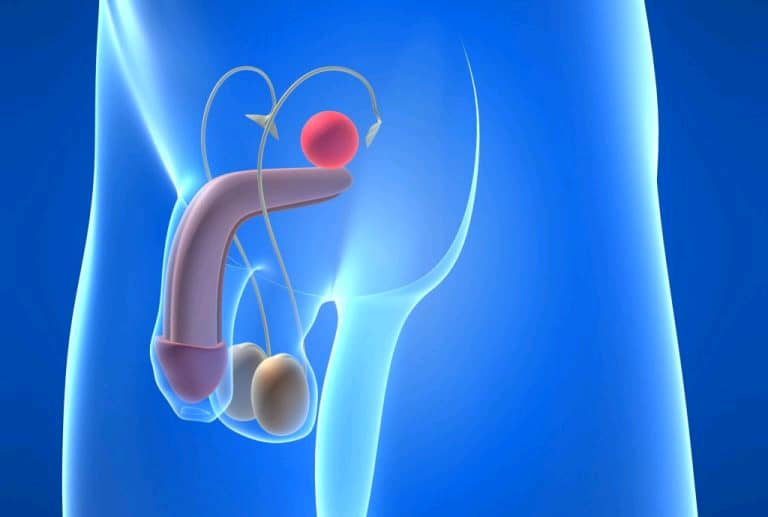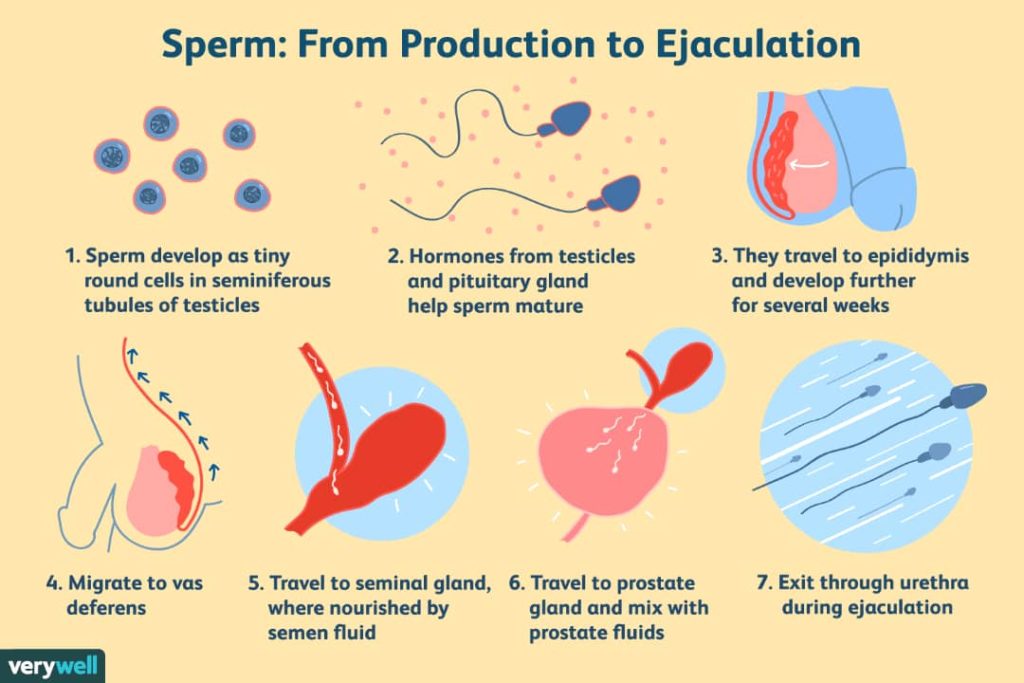Azoospermia, home remedies for sperm production
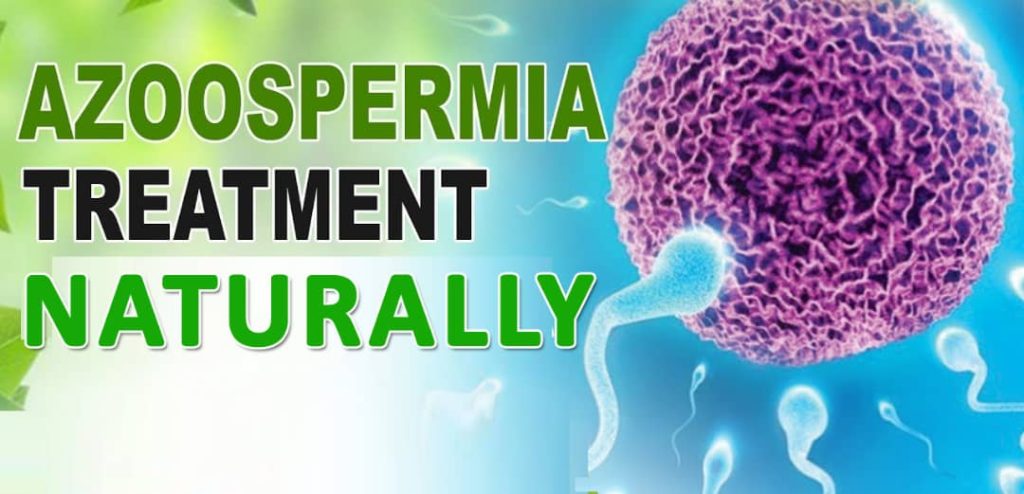
Are you ready to cure Azoospermia?
you are at the right place this is due to the fact that there is a Natural Herbal Cure for Azoospermia…
After about a year of trying to conceive with unprotected sex, couples are generally considered infertile. It can be frightening and daunting to cross the invisible line into the world of infertility. Apart from the fact that pregnancy announcements are plastered all over the place, you may be concerned about your overall health and unsure of what to do next.
You’re not the only one who feels this way because there is a natural Herbal Cure for Azoospermia. Infertility affects 12 to 13 out of every 100 couples. Male-factor infertility accounts for up to 50% of these cases, according to Trusted Source. Azoospermia is a condition characterized by a complete lack of sperm in sperm. While azoospermia is uncommon, it affects roughly 1%.
Trusted Source of males and is the cause of 10 to 15%Trusted Source of infertility cases.
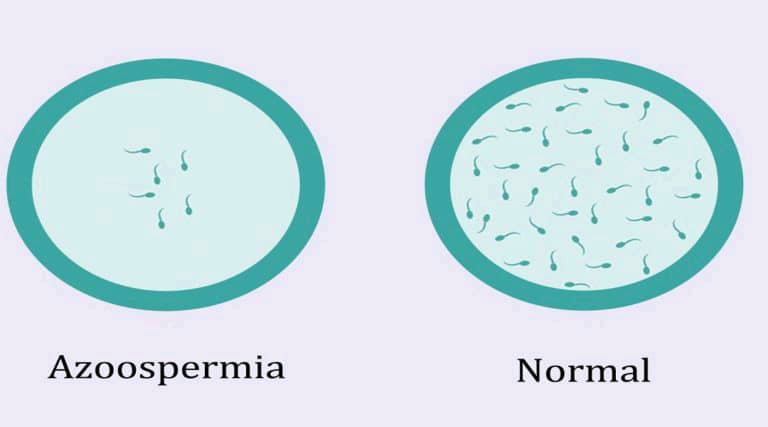
Here’s a basic rundown of how the human body functions: The testicles are where sperm is produced. It passes through the reproductive tract and combines with other substances.
The sperm is removed from the equation in azoospermia. Your ejaculate may include sperm, but it does not contain sperm. Although you may be familiar with the term “low sperm count,” azoospermia is referred to as “no sperm count.”
Azoospermia can be one of three types:
Pre-testicular azoospermia.
It is (non-obstructive) caused by a decrease in the generation of sperm-producing hormones.
Any abnormalities in the function or structure of the testicles induce testicular azoospermia (non-obstructive).
Obstructive post-testicular azoospermia is characterized by difficulty with ejaculation as a result of a blockage in the reproductive tract.
What causes various forms of azoospermia?
Each form of azoospermia has its own set of potential causes or complications. Between 10% and 15% of cases of no or low sperm count are caused by hereditary disorders affecting the Y chromosome.
Azoospermia pre-testicular
Certain genetic diseases may cause this form of non-obstructive breathing. Kallmann syndrome, for example, inhibits the body’s ability to generate gonadotropin-releasing hormone (GnRH), which might affect sperm production.
This sort of azoospermia can also be caused by brain problems, such as injury to the hypothalamus or pituitary gland. Taking certain drugs or undergoing cancer radiation treatments can also help.
Testicular azoospermia
This non-obstructive type may happen due to:
- the absence of testicles (anorchia)
- testicles that haven’t dropped (cryptorchidism)
- testicles that don’t produce sperm (sertolicell-onlysyndrome)
- testicles that don’t produce mature sperm (spermatogenicarrest)
Kline felter syndrome is another possibility, and may result when a person is born with chromosomes XXY instead of XY.
Other causes include:
- having the mump sinlate puberty
- tumors
- radiation
- diabetes
- prior surgery
- reactions to certain medications
- varicocele (when the veins coming from testicles are dilated/wide)
Post-testicular azoospermia
This obstructive type is present in about 40 percent of Azoospermia cases. Obstruction may happen due to a missing connection somewhere, like in the epididymis or vas deferens tubes that move and store sperm.
Obstacles can also be caused by congenital problems. Congenital bilateral absence of the vas deferens (CBAVD), for example, is a hereditary disorder in which the vas deferens ducts, which transport sperm from the testes, are absent. It’s linked to cystic fibrosis genes, whether you have them or not.
Previous or current infection, cysts, damage, or vasectomy are all possible causes of obstructive azoospermia.
What are some of the signs and symptoms of azoospermia?
You may not have any symptoms or even be aware that you have azoospermia until your attempts to conceive fail. Any other indications or symptoms you have could be due to underlying reasons, such as hormonal imbalances or hereditary chromosomal disorders nevertheless, there is Natural Herbal Cure for Azoospermia.
Other signs and symptoms to look out for include:
Erectile dysfunction is caused by poor sex a bulge, swelling, or discomfort around the testicles’ loss of hair on the face or body.
How can you know if you have azoospermia?

A semen analysis is the most basic approach to determine if you have azoospermia. Your doctor will instruct you to ejaculate into a cup and send the specimen to a laboratory for analysis. If you don’t see any living sperm in your ejaculate, you can have azoospermia.
Your doctor will be interested in your medical history in addition to a physical examination. They might inquire about:
- your fertility history (whether you’ve had children or not)
- your family’s background (like cystic fibrosis or fertility issues)
- ailment you had as a kid.
- various operations or procedures to the pelvic area or reproductive system infection history, such as urinary tract infections (UTIs) or sexually transmitted infections (STIs) (STIs)
- prior or present medicine prior or current exposure to items like radiation or chemotherapy utilize any probable drug or alcohol abuse
- a recent illness with a fever
- recent high-heat exposure
Other diagnostic tools to consider are:
Hormone levels and hereditary disorders are assessed using blood testing.
Ultrasound to visualize the scrotum and other portions of the reproductive tract, brain imaging to look for hypothalamic or pituitary gland abnormalities, and biopsies to evaluate sperm production more precisely.
What medicinal treatments are available for azoospermia?
Obstructive azoospermia can be addressed by reconnecting or repairing the tubes or ducts that are preventing sperm from flowing freely. This could include surgery or other treatments. If low hormone production is the underlying cause, hormonal therapies and medicines may be beneficial.
Medical treatment for non-obstructive azoospermia may or may not be effective. However, there is some good news: in vitro fertilization or intracytoplasmic sperm injection may still allow you to have a biological kid.
How? A small needle can be used by your doctor to harvest sperm from your testes. This retrieval can also happen during a biopsy. Even if you only have a few sperm in your testicles, this technique may work.
Is there anything natural that can help?
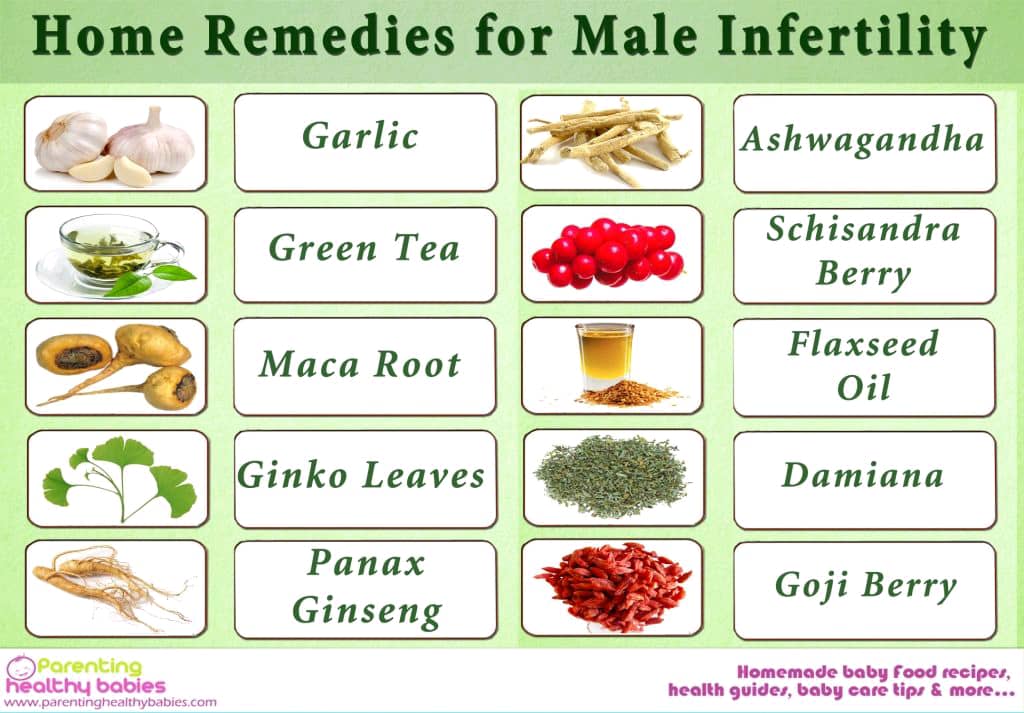
With azoospermia, home remedies for sperm production. While a low sperm count may respond well to herbal and dietary adjustments, sperm that is missing owing to an obstruction or a hereditary problem may not (if at all).
That’s not to suggest that eating a well-balanced diet, getting plenty of rest, drinking lots of water, and managing stress can’t help. Aside from looking after your general health, consider consulting with your doctor to see what natural therapies, if any, may be beneficial in your situation.
Things to attempt include:
To promote sperm production, eat a diet rich in complete, nutrient-dense meals.
Exercise on a regular basis. As a result, it’s possible that you’ll be able to enhance your Testosterone levels from a reliable source
Reduce your stress levels by practicing yoga or meditation. Cortisol (the stress hormone) has an effect on the body. Testosterone production from a reliable source
Ask your doctor about herbs and supplements including Tribulus terrestrisTrusted Source, black seed, Coenzyme Q10, folic acid, horse chestnut, L-carnitine, Panax ginseng, and zinc, which may help with male fertility.
4 strategies to increase sperm production
In cases of azoospermia caused by things like injury or certain drugs, there are some things you may do to protect sperm production.
Make an effort to:
- Avoid any activity that could hurt your testes or reproductive tract, such as rough contact sports.
- Limit your radiation exposure.
- Consult your doctor about the advantages and disadvantages of any drugs that may affect sperm production.
- Saunas and steam baths, for example, should be avoided if your testes are exposed to high temperatures.
It can be frightening to be diagnosed with azoospermia or to hear the words “no sperm count.” Take a big breath – just because you have this issue doesn’t mean you won’t be able to have biological children.
It’s critical to first figure out what’s creating the problem. Your doctor may have several therapy choices to correct the blockage after discussing and addressing the reason. Otherwise, techniques such as IVF may be able to assist you in conceiving with your partner.
How can you know if you have azoospermia?

A semen analysis is the most basic approach to determine if you have azoospermia. Your doctor will instruct you to ejaculate into a cup and………
Is there anything natural that can help cure Azoospermia?
With azoospermia, home remedies for sperm production may or may not work. While a low sperm count may respond well to herbal and dietary adjustments………
Things to attempt to cure Azoospermia
Exercise on a regular basis. As a result, it’s possible that you’ll be able to enhance your Testosterone
